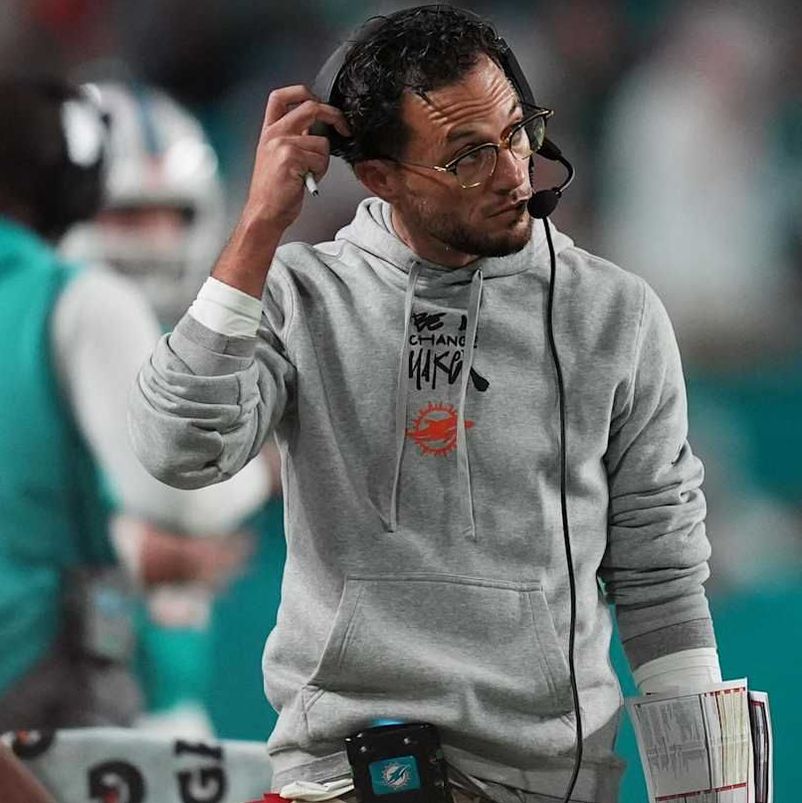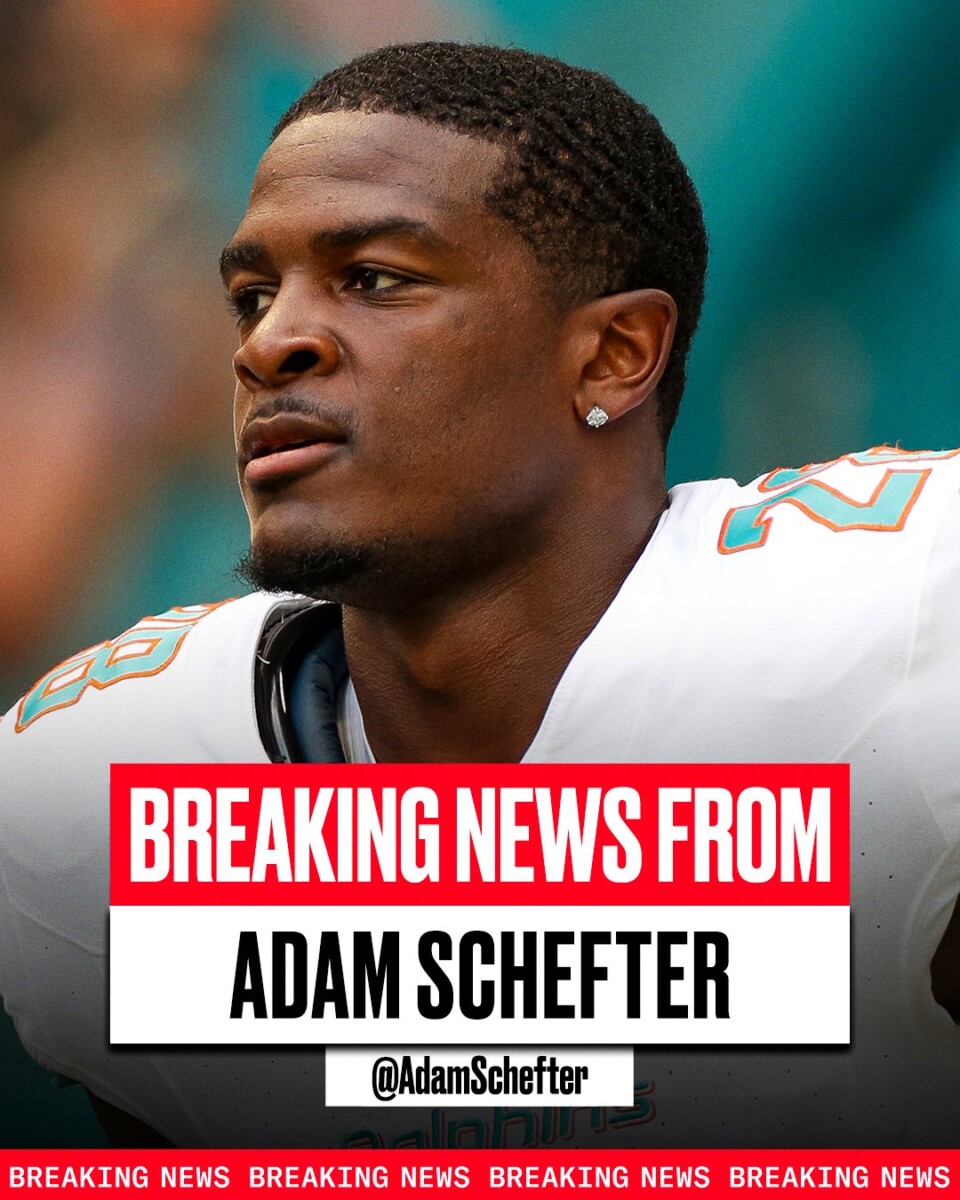As Miami Dolphins head coach Mike McDaniel embarks on his third season, expectations are high following consecutive playoff appearances — a feat not achieved since the era of coach Dave Wannstedt. Under McDaniel’s guidance, the Dolphins have transformed into a formidable offensive force, a stark contrast to their previously undefined attack.
Equally impressive has been McDaniel’s development of quarterback Tua Tagovailoa, who, remarkably, has entered MVP conversations in the last two years following a rocky start to his NFL career. This accomplishment, coupled with McDaniel’s unique, dead-pan delivery during press conferences and his approachable, inspiring personality, has endeared him to both the media and those within the Dolphins organization.
Despite these achievements, challenges linger. The past two seasons have seen the Dolphins falter notably in the later stages, continuing a longstanding struggle to perform in colder conditions. Last season, despite holding a commanding 28.5 game lead in December, Miami could not secure their division, overtaken by the surging Buffalo Bills.
Approaching the 2024 season, the pressures on McDaniel are nuanced. He is not on the verge of dismissal like some of his contemporaries might be under similar circumstances, but a slow start could definitely increase scrutiny and pressure. The NFL often operates on a three-year timeline where coaches are expected to turn potential into success, and while McDaniel has navigated the Dolphins to the playoffs, the absence of a playoff win since 2000 looms large, especially given the talent at his disposal.
For McDaniel, the critical focus must now shift to not just maintaining his team’s prowess but also adapting and addressing the flaws that have hindered them at crucial junctures. His tactical decisions, particularly in high-stakes situations, and his management style, which may lean too friendly at times, are areas ripe for adjustment.
The Dolphins remain a talented squad, yet some weaknesses persist. The hope is that strategic tweaks and a more balanced leadership approach from McDaniel can enhance the team’s performance consistently throughout the year, especially in the critical later months.
This season, the narrative that the Dolphins falter when it counts most is something Mcagicden has acknowledged and must now work to change. It will be the outcomes in December and beyond that will truly define whether McDaniel can elevate his team from good to great, reversing a trend of late-season collapses. As the Dolphins gear up for another hopeful start, the real evaluation of McDaniel’s tenure will hinge on whether he can finally help the team shed its late-season vulnerabilities and make a deep playoff run.




